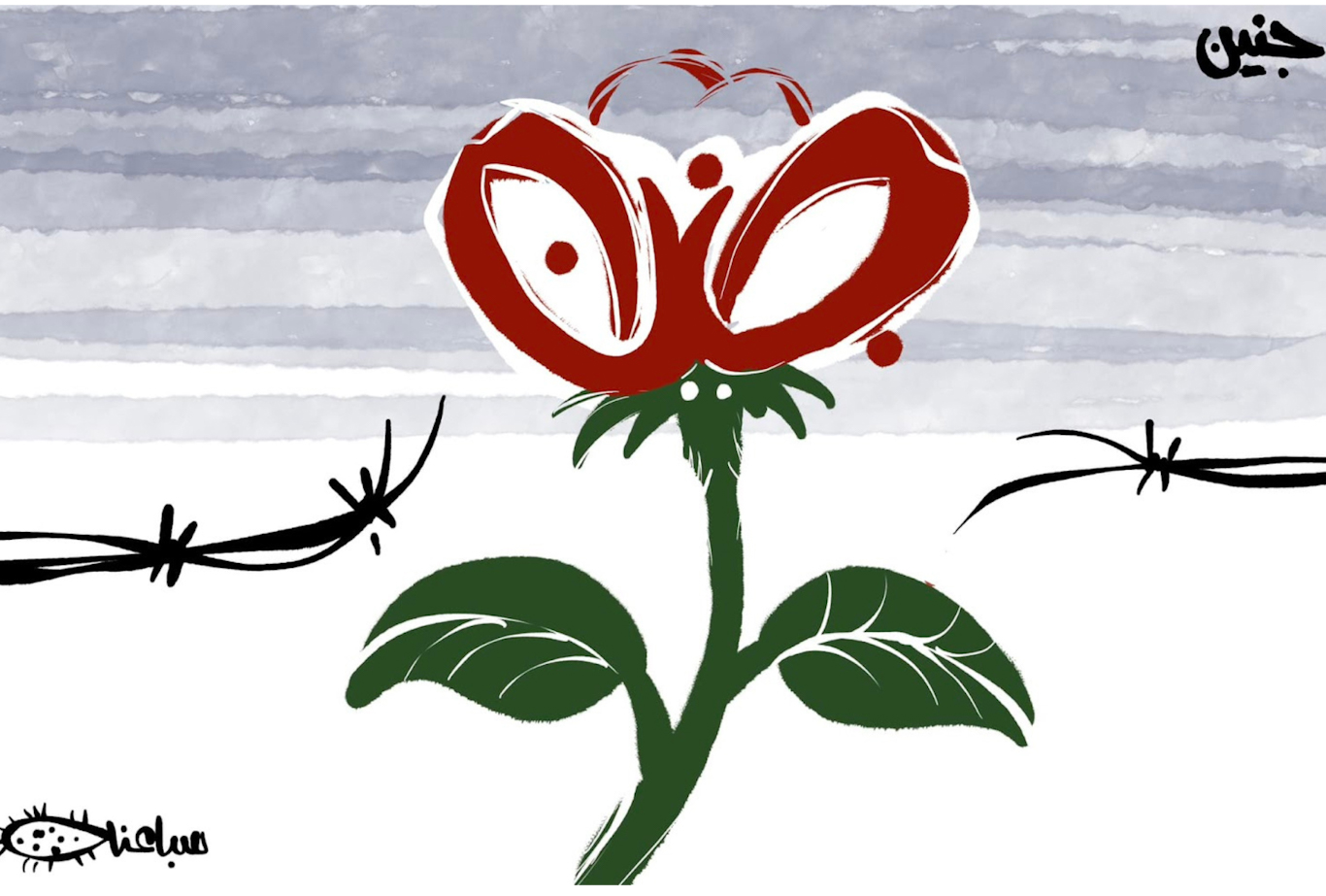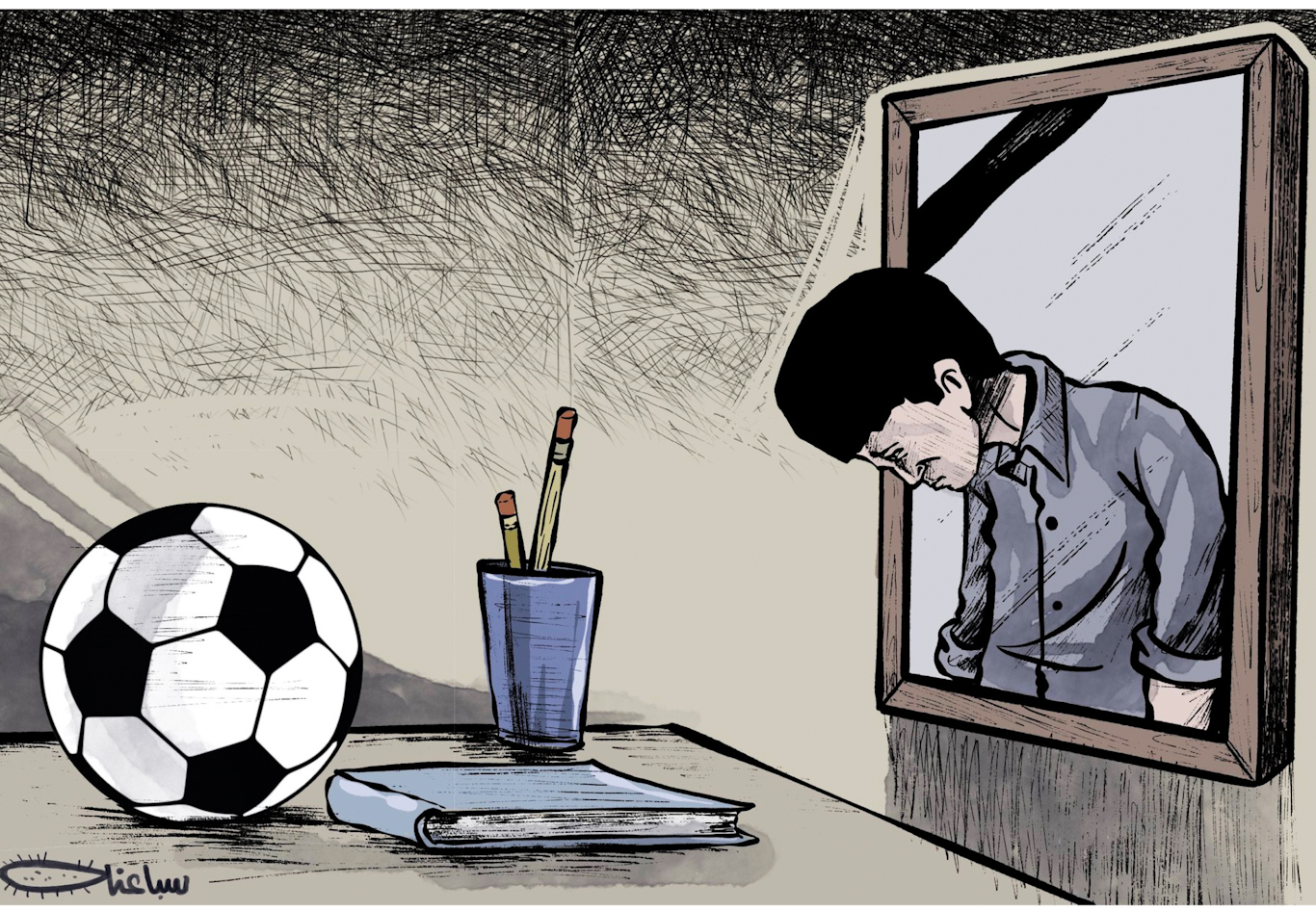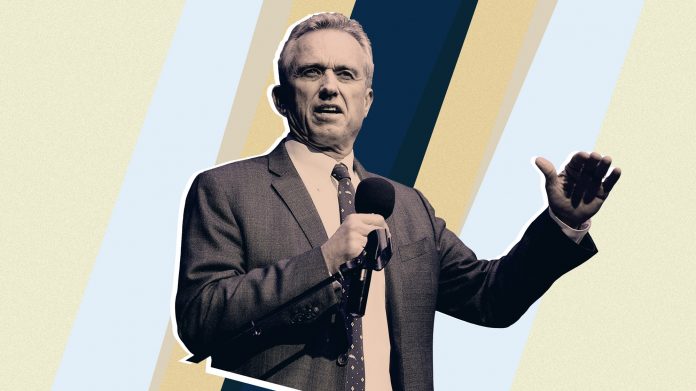Dear Mr. Kennedy,
Following your interview with Shumuel Boteach, I feel I must write to you.
Allow me to introduce myself. My name is Miko Peled, I was born in Jerusalem in 1961 to a patriotic Israeli family. My father was a general in the IDF. My grandfather signed the Israeli Declaration of Independence, and one of my great-uncles was president of the state of Israel. I come from deep Zionist patriotism. And although I despise him, I know Benjamin Netanyahu personally. I myself served in the IDF, which today I regret.
My experience is documented in my book, “The General’s Son, Journey of an Israeli in Palestine.”
It seems that in order to prove that you are not anti-semitic, you decided to sit down for an interview with Shmuel Boteach, who is a well-known Zionist propagandist and a fanatic anti-Palestinian racist. During this interview, you tried to justify the Israeli assaults on the Palestinian city of Jenin, you called it a “bomb factory.” Sadly, it is evident that you know nothing about Jenin.
Jenin, by Mohammad Sabaaneh (the flower petals are shaped into the name Jenin in Arabic.)
In your comments, while sitting with Boteach, you went on to say that in Jenin, “virtually one hundred percent of the people are supporting terrorism” and that “the terrorists are hiding behind civilians.” On this issue, I have to ask you the following question.
Israeli army headquarters is in the heart of downtown Tel Aviv. My father, former Israeli Army general Matti Peled, had an office there when he was in uniform. It is located in one of the most popular and expensive parts of Tel Aviv, next to museums, homes and restaurants. Many of the people who live in Tel-Aviv support the Israeli army and work at the army headquarters, or in your words, the “bomb factory.” Do you believe Palestinians have a right to bomb Tel Aviv and kill those who support and work at army headquarters?
But back to Jenin. Your comments reduced Jenin and, with it, the entire Palestinian experience to a moment in history where Palestinians are being brutally attacked and forced to fight for their lives. I must ask you, when your country is being stolen, your children killed, and your people are tortured and imprisoned, is it permissible to have a bomb factory?
Speaking of torture, you said that Israel does not allow torture even in cases of “a ticking time bomb.” You should have fact-checked. Whoever told you this misled you, and now you are on record telling this lie.
In order to set the record straight regarding the city of Jenin and for the purpose of highlighting the integrity and dignity of Jenin, I reached out to three sources to write this letter to you.

Let’s talk about Jenin
I wrote to the Palestinian historian, Professor Nur Masalha, who lives and teaches in London and who authored the decisive book on the history of Palestine, “Palestine, A Four Thousand Year History.” I asked Professor Masalha about the history of Jenin, and he graciously sent me a wealth of material.
I also asked my friend, the political cartoonist Mohammad Sabaaneh who is a native of Jenin, what he felt was important to mention in this piece. He gave me some information and allowed me to use his cartoons in this piece. Finally, I went back and watched an interview I did with Mohammad Bakri, the Palestinian actor and director who made the movie “Jenin, Jenin,” a movie you should take the time to watch.
I find Mohammad Bakri’s words about Jenin to be particularly moving, so I will start with the movie he made. In 2002, in the aftermath of the Israeli assault on the Jenin refugee camp, Israel did not permit reporters or the Red Cross to enter the camp. Mohammad Bakri decided to enter anyway in order to see and document what had happened there during the Israeli invasion. And so, risking their lives, he and his crew heroically managed to sneak into the camp, avoiding the Israeli tanks that were patrolling the area. They entered the camp and spent four nights and five days documenting the horrors committed by the Israeli military.
The result was a heartbreaking documentary which received international acclaim. In Israel, the movie was banned, and Bakri has been subjected to lawsuits and a witch hunt for more than twenty years. During his interview with me, Mohammad Bakri described some of the scenes that were not included in the final cut. “I met a woman who lost ten sons in the attack. She had ten sons, and they were all killed by the Israeli attack,” he told me.
He went on to describe this mother who had lost her mind saying, “She was laughing, she became crazy.” At the time, he felt he could not include the interview with her in the movie, but he says, “Now I wish I did.”
Qusai Waked, 14 years old, was shot and killed by Israeli forces during a raid into Jenin by Mohammad Sabaaneh.
Early Mentions
Jenin is a Palestinian city which is located in the northern West Bank. To the north, it borders the vast Marj Ibn Amr. Thanks to the generous amounts of water and fertile lands surrounding it, Jenin was the regional bread basket. This would still be the case had Israel not taken the land and the water.
Mr. Kennedy, you ought to know that Jenin has a recorded history that goes back to the 14th century BCE. It is mentioned in the Amarna Letters, a series of documents from that period that were found at Tell el-Amarna in Egypt.
You would also do well to note that Yakut al-Hamawi, who was an Arab geographer and writer and lived in the years 1179-1229 CE wrote about Jenin. He traveled extensively throughout Egypt, Palestine, Syria, Iraq, and Persia. His book, Mu’jam al-Buldan, or A Dictionary of Countries, is a vast encyclopedia that includes geography, archaeology, history, and anthropology, and even includes the coordinates of places that he visited.
In this massive work, he described the city of Jenin. He called it “a small and beautiful town,” located between the two major cities of Nablus and Beisan. Beisan was a central Palestinian city until it was occupied and depopulated, and its residents were forced out during the 1948 ethnic cleansing of Palestine.
In the 13th century, during the Mamluk period, Jenin was used as a garrison town and was one of the central stations in Palestine for the barid, or postal service, which ran between the two Mamluk capitals of Cairo and Damascus.
“Subh al-A’sha” (“Dawn for the Blind”), considered to be “an encyclopedic masterpiece,” was compiled by the medieval Egyptian scholar Ahmad al-Qalqashandi (1356-1418). In this encyclopedic work, believed to have been written in 1412, al-Qalqashandi also mentions the city of Jenin. He describes her as “an ancient, spacious town on the top end of Marj Bani Amer.” As you see, Mr. Kennedy, there is no mention of a “bomb factory” anywhere.
Starting in the 16th century, the Ottomans ruled Palestine for 401 years. During that time, Jenin was made the administrative regional center for the surrounding villages.

Today
The Zionists depopulated Marj Ibn Amr and settled it with farming communities for Jews only. They redirected the water sources, depriving the city of its land and water and destroying its rich agriculture. The Zionist settlement in Marj Ibn Amr was one of the earliest settlement projects in Palestine. The valley was renamed and is now known as Emek Izrael.
During the 1948 ethnic cleansing of Palestine, Jenin took in thousands of Palestinian refugees who were expelled from the villages around the northern Palestinian city of Haifa. Today close to a quarter of the city are refugees from 1948.
Travel to Jenin
A few years ago, I traveled from Jerusalem to Jenin to watch the Palestinian film festival at the Jenin Freedom Theatre. The two films I wanted to see in Jenin were Mohammad Bakri’s “Jenin, Jenin” and “Anna’s Children,” directed by Juliano Mer-Khamis. Both of these films show the great promise and the brutal destruction that is part of the modern history of Jenin. After each film ended, there was a panel discussion.
Mohammad Bakri spoke after his movie Jenin, Jenin was shown.”
Zakaria Zubeide, the only living survivor out of a group of children known as “Arna’s Children,” was there to speak after the showing of Arna’s Children.” Zubeida is one of the six heroic Palestinian prisoners who escaped from Meggido prison in September of 2021.
Mr. Kennedy, you have insulted not only the city of Jenin and the Palestinian people but also the people who believed in you. I doubt anyone thinks you will be elected president of the United States. If you want to “challenge the official narrative,” come with me to Palestine.
As a privileged Israeli, I have access and can travel anywhere. I have more rights and the ability to travel than most Palestinians do. Allow me to introduce you to brave young Palestinian Bedouin in the Naqab (renamed Negev), to Palestinian citizens of Israel in Lyd, Yafa and Nazareth trying to survive under the brutality of apartheid, and to courageous men and women in Hebron, Gaza and Jerusalem who resist without a single weapon other than their determination to be free.
Miko Peled is MintPress News contributing writer, published author and human rights activist born in Jerusalem. His latest books are”The General’s Son. Journey of an Israeli in Palestine,” and “Injustice, the Story of the Holy Land Foundation Five.”
Feature photo | Democratic presidential candidate Robert F. Kennedy Jr. discusses immigration issues after the premiere of “Midnight at the Border” in Beverly Hills, Calif., on Aug. 3, 2023. Ringo Chiu | AP
The post An Open Letter to Robert F. Kennedy Jr appeared first on MintPress News.
